…and other common questions about protein answered and explained
This post was sponsored by Health Warrior. All thoughts and ideas are my own.
So, how much protein do you actually need? What are the best types? Plant based or animal protein? And so on… It’s probably the most talked about nutrition topic or nutrient across all media platforms, yet the one that leaves the most questions in consumer minds.
Every month, I get to partner with Health Warrior to bring you a recipe or blog post, and I’m so thankful for the opportunity to work with them to help spread sound nutrition advice. We knew we wanted to focus on protein this month, but I wasn’t exactly sure which direction to take the article. Because an article on protein can take an infinite number of directions… So, I decided what better way to decide on an article topic than to ask you what you want to know?!
Below are a list of questions you all submitted via my instagram stories… things you really wanted to know the answers to about protein.
And the most common question submitted? You guessed it!… HOW MUCH PROTEIN DO YOU ACTUALLY NEED? So here we go…
How much protein should I eat each day?
This was by far the most common question I got asked. And it’s very tough to give a blanket answer in an article like this. Ideally, this is something you should be taught in a one-on-one setting with a dietitian. So many factors come into play when considering how much protein you need: sex, age, activity level, body composition goals, health status, etc. The official recommendations range from 0.8-1.2g protein/kg body weight/day or 10-15% of calories. Most research, however, indicates that we need more protein than these standard recommendations for optimal health. With my own clients, I will typically recommend anywhere from 25-40% of calories come from protein. (Check with your own dietitian or physician before making changes to your diet.)
How do I know if I’m eating enough or too much protein?
If you are a generally healthy person and live in the US, or any first world country for that matter, and eat a typical diet for your region, there’s a 99.9% chance you’re getting enough protein, and there is no need for you to track your protein intake. If you make an effort to include some form of quality protein at each meal, you’ll be just fine.
As with any food or nutrient, it is technically possible to get too much protein, but that is pretty difficult to do. See the next question for more explanation.
Is eating too much protein bad for my kidneys?
Research has shown that higher protein diets, in healthy people, do not cause kidney disease as it is commonly claimed. In fact, some studies have shown that people with type 2 diabetes have improved blood glucose control when they consume a higher protein diet. Note: this does not include people with diagnosed kidney disease or other health conditions that warrant a decreased protein intake. Please check with your health care provider before increasing your protein intake.
Should I vary my protein sources like I do my vegetables?
The short answer is: Yes. It is important to get protein from a variety of sources, not necessarily because of protein itself, but rather the other nutrients (vitamins and minerals) that come along with it.
What are the best proteins to eat? Are they all equal?
This question first warrants a discussion on amino acids, which are the building blocks for protein in our bodies. There are 20 different types of amino acids. Our bodies are capable of producing 11 of these amino acids, so we call them “non-essential” amino acids, meaning they aren’t essential in our diets since our bodies can make them itself. The other 9 amino acids are called “essential” amino acids because our bodies cannot make them, and thus they are an essential component of our diets.
Animal proteins (meat, poultry, dairy, eggs, etc.) and soy are complete proteins. This means they contain all 9 essential amino acids in adequate amounts. Other plant-based proteins are considered incomplete proteins. This means that they do not contain all 9 essential amino acids in adequate amounts. (Note: this does not mean plant proteins are inferior, it just means you need to ensure you are getting plant based protein from multiple sources.)
Do I REALLY need to eat meat in order to get enough protein?
While eating meat and other animal proteins is fine (we’ll talk more about that below), they are not necessary to meet protein needs. As I mentioned in the question above, as long as you are eating a variety of plant based proteins, you will get adequate amounts of all of the essential amino acids. (There is a common misconception that you need to pair incomplete proteins together and eat them simultaneously to ensure you are getting complete proteins. This is simply not true. Eating a variety of plant protein, regardless of when you eat them, is sufficient. )
Is red meat really bad for me?
Red meat has both positives and negatives for health. It is a rich source of protein, iron, and zinc, and can be part of an overall balanced diet. Excess consumption though, has been linked to cancer and other chronic diseases. (See the question below for additional info.) Note: I’m not saying don’t eat red meat, but I do think it needs to be limited for optimal health.
How much red meat is ok to consume?
The American Institute for Cancer Research recommends consuming no more than 18oz. of red meat/week. Red meat consumption above this amount has been linked to various types of colorectal cancers.
Does organ meat have more protein than other meats?
Organ meats do not contain more protein than muscle meats (muscle meats are the most commonly consumed meats that you likely are used to eating), but they do typically contain more of other nutrients. Specifically: B vitamins, B12, fat soluble vitamins, iron, selenium, zinc, magnesium, etc. You can read more about organ meat here.
What is the difference between whey and casein?
Casein and whey are both types of proteins found in milk. Most animal based protein powders are one of these proteins or a combination of both. Whey protein is absorbed quicker and thus is often marketed as being great for a pre-workout protein source, and casein is absorbed slower and usually recommended to be consumed at other times.
What are the best plant based proteins to eat?
There are many great plant protein options. The types of amino acids and amount of protein in each of them varies, but here are some examples:
- Pumpkin seeds
- Chia seeds
- Hemp seeds
- Tofu
- Soy milk
- Chickpeas (and other beans)
- Lentils
- Nuts
- Nut butters
- Nutritional yeast
- Quinoa
- Ancient grains
- Oats
- Peas
- Spirulina
- Sprouted grains
Also, to note, all vegetables contain protein in varying amounts. Higher protein veggies include: spinach, potatoes, broccoli, peas, corn, mushrooms, and brussel sprouts.
What are good plant-based protein options for kids?
Kids can safely consume all of the protein options mentioned above. (Note: for babies and toddlers, keep in mind choking hazards.)
But if your kids are like mine, and will eat anything in bar or pancake form, sometimes it’s easier to offer snacks in those forms. I love to add some of those higher protein veggies or plant-based protein powder (I explain more about protein powders in another question below) into pancakes, and my youngest loves the chia bars from Health Warrior.
How much soy protein is ok?
Fortunately, many many studies have been conducted on soy. If you look solely at media reports or articles it seems that soy is either nature’s miracle food or the worst thing you can possibly eat. But if you look at the science-based data on soy, you’ll find that the research shows soy foods are right in the middle. Most people can enjoy soy foods as part an overall balanced diet without worry of “overdoing it.”
What is the best form of protein, plant or animal?
This is such a hot topic, and for the sake of this article I will leave any ethical debate about eating animals out of this particular conversation and focus solely on the nutrition aspect of animal and plant based proteins. Research supports the idea that eating more plants is a good idea, and can lead to reduced inflammation, lower cancer risk, and other positive health outcomes. The AICR even recommends that 2/3 of your diet (not just the protein portion), should come from plants to lower your cancer risk.
While eating animal proteins does offer some great nutritional benefits in the form of quality protein sources, vitamins, and minerals, research continues to show that making small changes to add more plants to your diets is associated with better health outcomes.
Note: I am not a vegetarian or a vegan, but I personally try to have a few meatless days each week in an effort to consume more plants. Also, my kids are pretty picky on the types of meat they’ll eat, so I make a purposeful effort to provide them with ample plant-based protein sources.
How long does protein take to digest?
Protein takes longer to digest than carbohydrates, but is digested quicker than fat. Within the different types of protein, digestion times will vary with some taking longer than others. Delayed digestion is actually a good thing for most people, since it helps us stay full and satisfied for longer.
What is a good protein powder?
There are many things to consider when selecting a protein powder… the most important one being that you don’t actually need a protein powder. Most people eat adequate amounts of protein. However, if you prefer to use one to boost up the nutritional value of different baked goods, or add it to smoothies, etc., make sure to choose one without artificial flavors or preservatives added, and ideally one without added sugar.
Personally, I prefer plant based protein powders.
What protein sources have the least effect on our environment?
I will be the first to admit, that I am not knowledgeable enough to answer this question. So I asked my good friend Kelly Jones, MS, RD, CSSD, LDN to offer her input. Here’s what she had to say:
“While I consider myself an environmentalist and sustainability is something I consider in the majority of my lifestyle choices, I am also sensitive to the fact that sometimes information – even scientific – can be exaggerated. Plant proteins are definitely more sustainable, using less water and resources and releasing less CO2 and no methane, especially whole plant proteins like legumes and seeds. This is a part of the reason I personally choose a plant-based diet, but that doesn’t mean every vegan product on the shelf is great for the planet. Consider how much packaging and production goes into a plant-based product… While at a small conference, I was in a session sponsored by none other than Beef. They mentioned that total food production makes up 9% of US emissions, with 2% coming from beef. While this isn’t as large of a number as some expect, one food product making up 22% of all food emissions is enough for me to recommend that anyone decrease their beef intake. But, if you are eating animal proteins, the most sustainable way to do so may be purchasing from a local farm. You’ll cut down on transportation emissions, energy for processing and packaging, and also support your local economy.”
What are good low sodium protein sources?
Most of the protein sources I’ve listed in this article are naturally low in sodium. Sodium (aka, salt) is usually added during processing. Try to choose meats that haven’t been pre-marinated, nuts and seeds in their raw form, protein powders without excess sodium, etc.
Most of the Health Warrior Chia Bars and Pumpkin Seed Protein Bars contain less than 100mg sodium/bar.
What does protein actually do for my body?
There are entire textbooks written on this one topic, but as a brief introduction, here are some of the roles protein takes in the body:
-
Physical growth (both bone and muscle)
-
Chemical reactions
-
Compound transport
-
Blood chemistry
-
Immune system function
-
Nutrient storage
-
Energy
Does protein help stabilize blood sugars?
Yes, it can, in an indirect way. As I mentioned above, protein is digested slower than carbohydrates. Thus, when carbohydrates and protein are consumed together, protein can delay carbohydrate digestion causing less of a blood sugar spike after meals.
How does eating protein help me to lose/gain weight?
Protein has the same amount of calories as carbohydrates. The idea that replacing carbohydrate with protein (and keeping everything else the same) will cause weight loss, is a bit misleading. Where protein does help with weight loss is that it can keep you full and satisfied for longer thus making you want to eat less food overall. Foods that promote satiety also help you stay more in tune with your body’s hunger and fullness cues and make you less likely to feel hungry throughout the day.
Note: I’m not a fan of denying hunger. If you’re hungry, EAT. 🙂
Do my protein needs change based on the type of workouts I do?
Yes, most definitely. This is something I briefly mentioned in the very first question in this article, and should be discussed with a dietitian.
Should I only eat protein at certain times throughout the day?
Protein can and should be consumed throughout the entire day to give you energy and keep you full.
How much protein do I need while I’m pregnant?
Protein is extremely important while pregnant. Not only does it play a vital role in the growth of the baby, but it is also necessary for keeping mom’s immune system strong, and for the growth of uterine tissue and other organs vital to a healthy pregnancy. The official recommendations are anywhere from 75-100g protein/day, but a personal one-on-one meeting with a dietitian to go over your specific needs is ideal and recommended.
How much protein do my kids need?
Believe it or not, protein needs in kids are actually a lot lower than you’d think. For example:
-
2-3 yr olds only need 13g/day
-
4-8 yr olds only need 19g/day
-
9-13 yr olds only need about 35 grams/day
Check out this article from Real Mom Nutrition for more information.
Now that we’ve explored some fun facts about protein and answered all of your questions, make sure to try out some of the great Health Warrior products . I especially love that their bars do not contain a long list of complicated ingredients and the protein in them comes from whole foods like chia seeds and pumpkin seeds. Use the code ‘milknhoney20’ for 20% off on Healthwarrior.com.

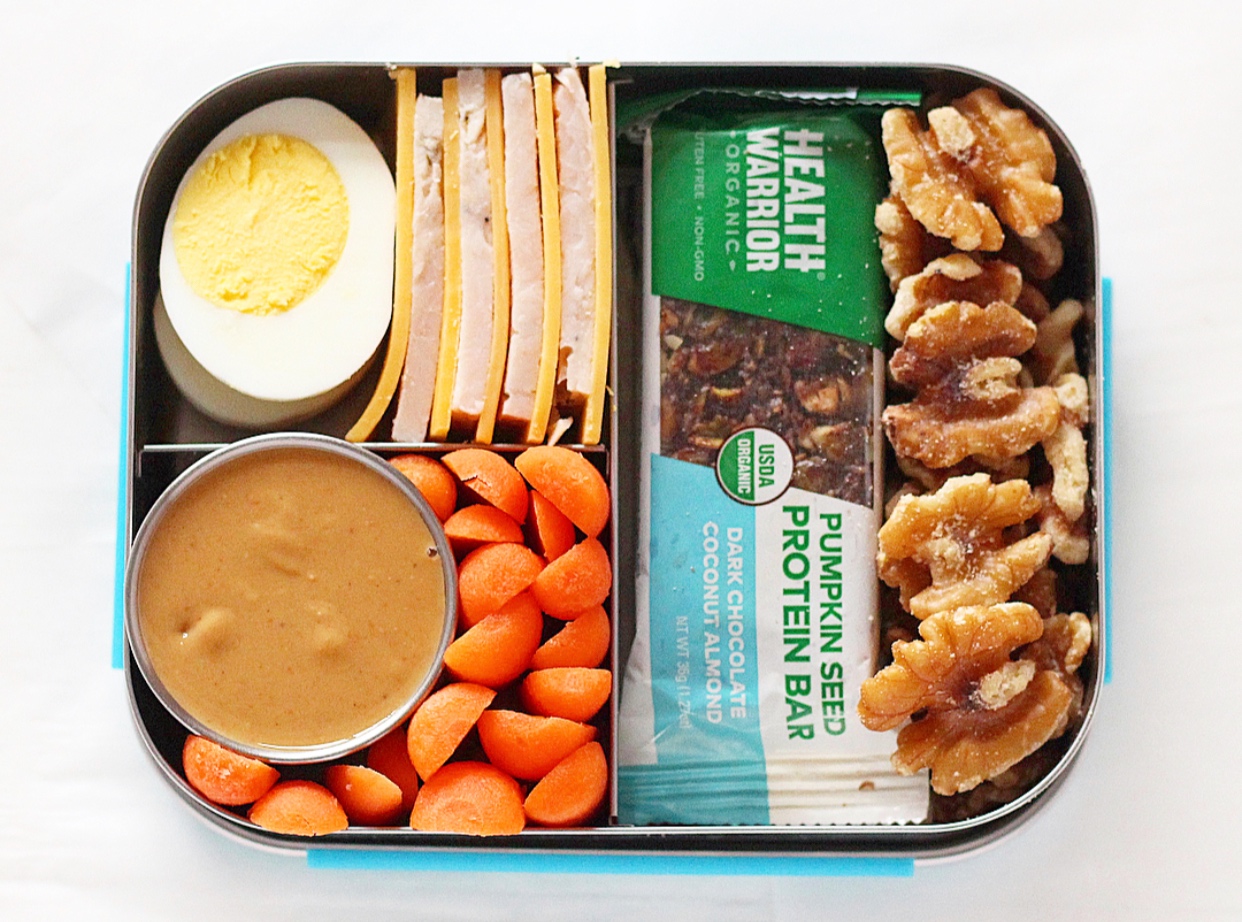
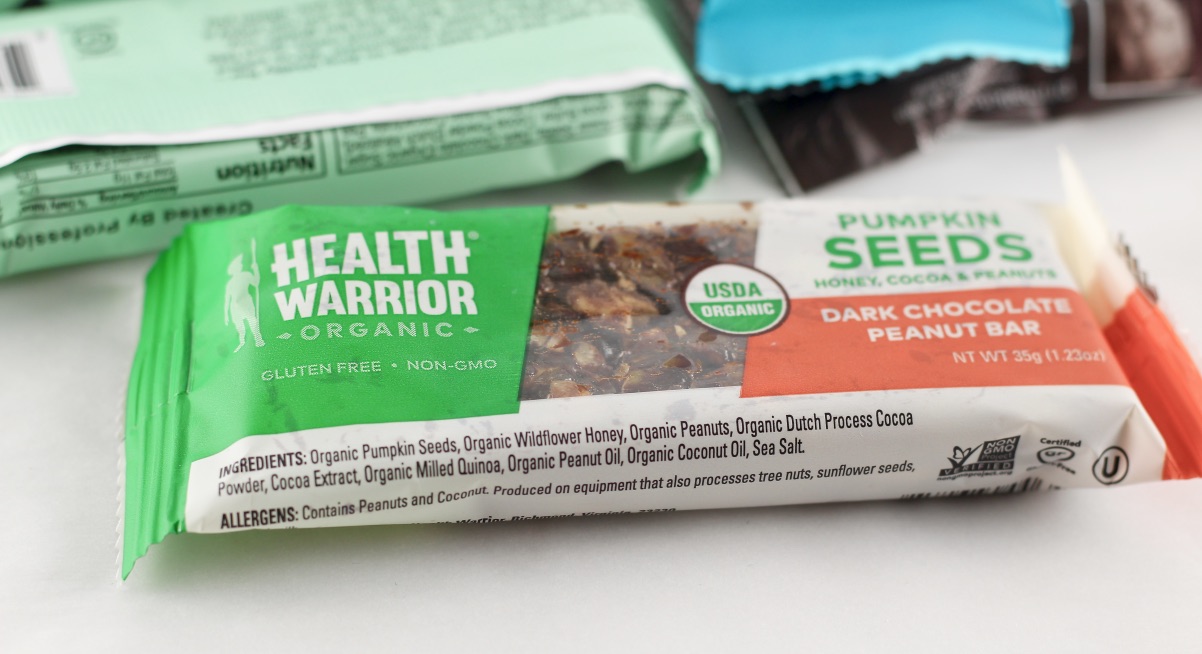
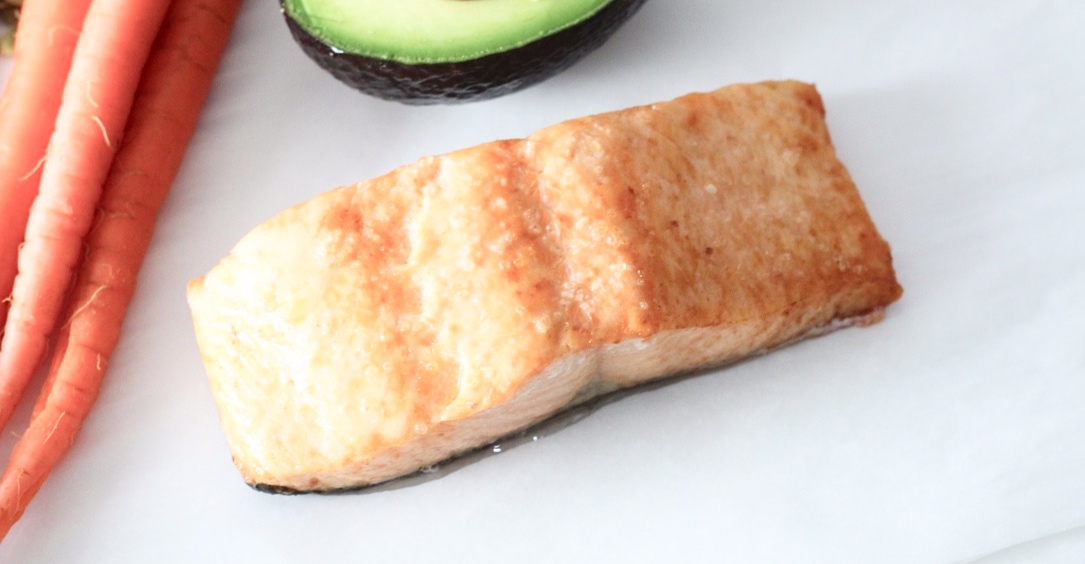
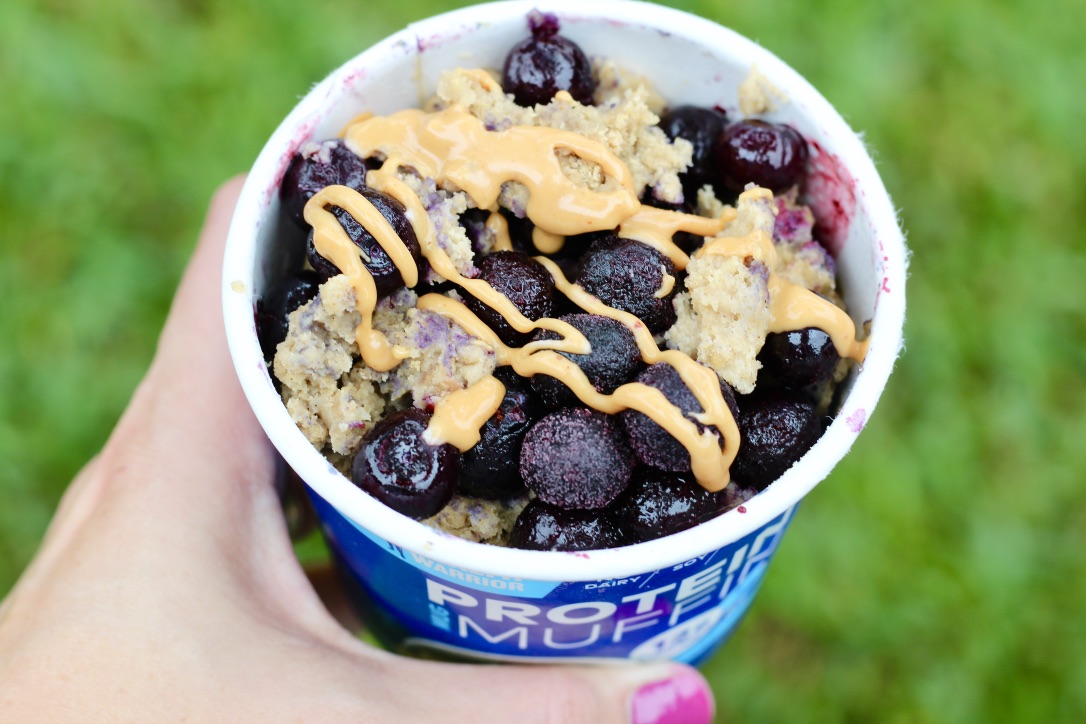
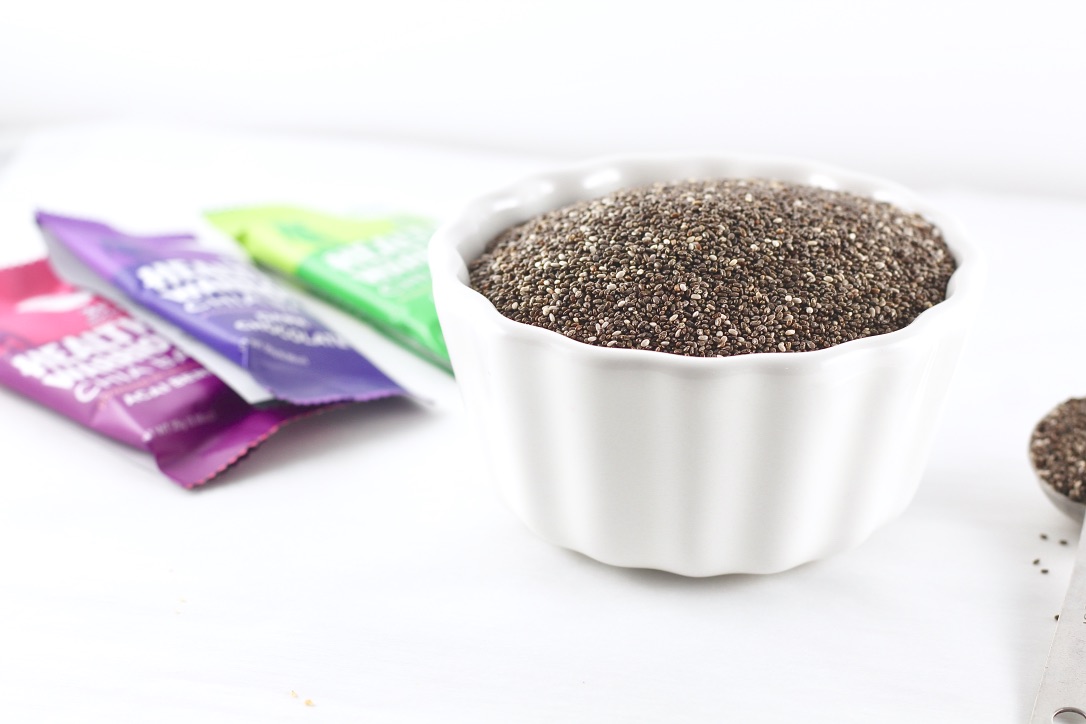
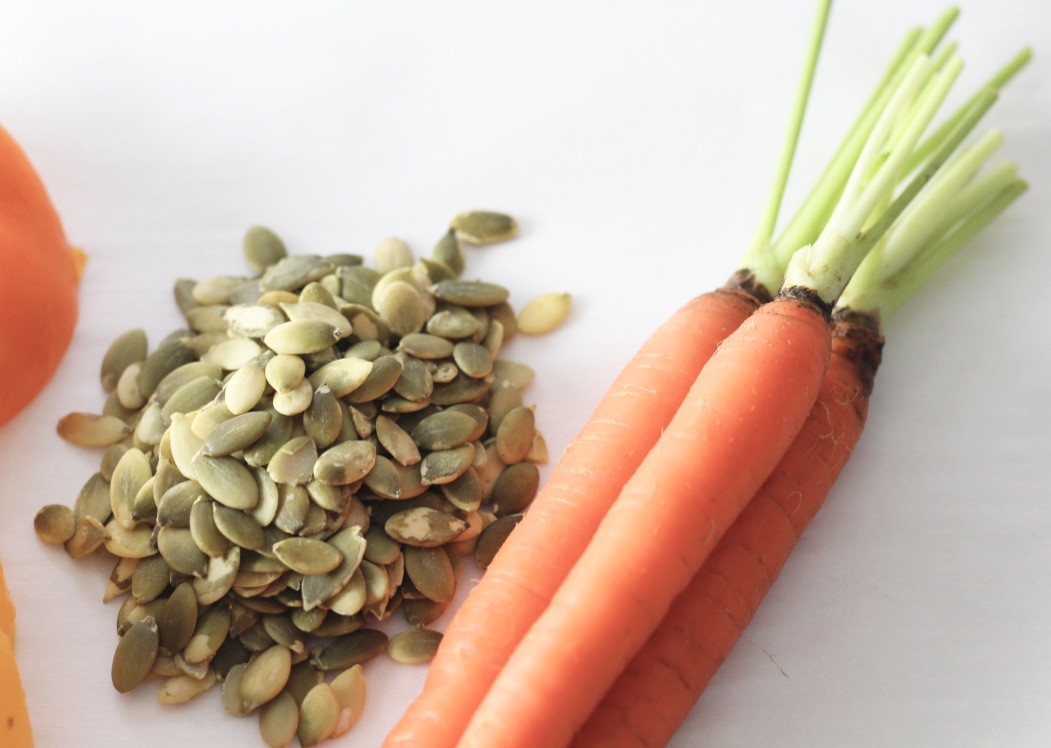
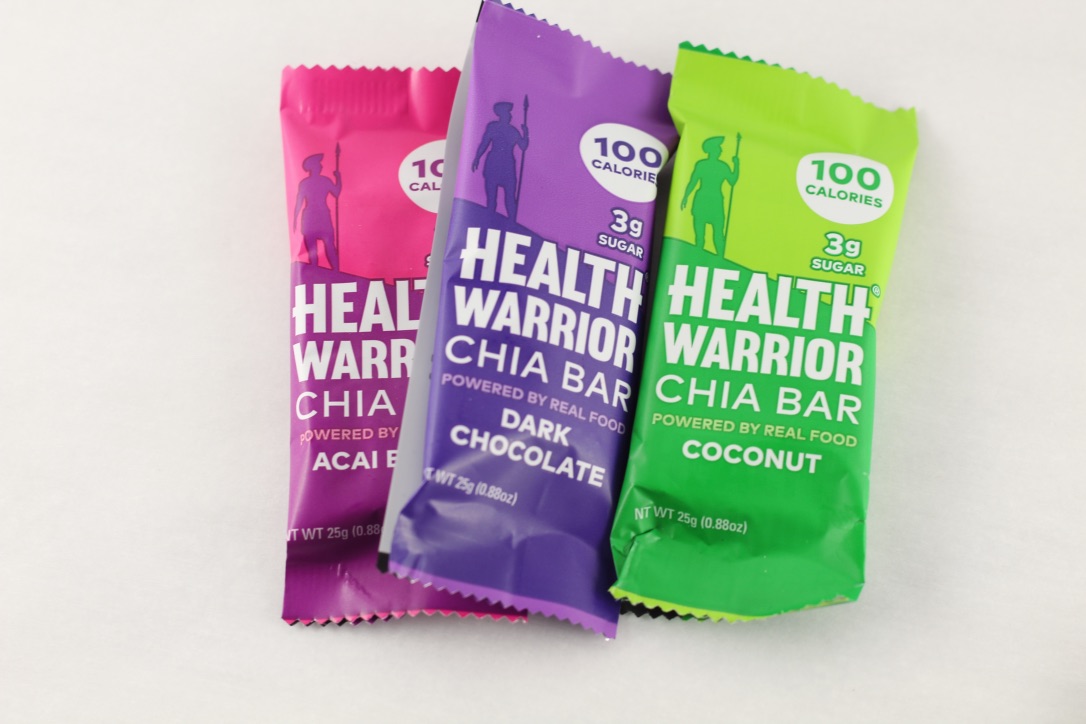
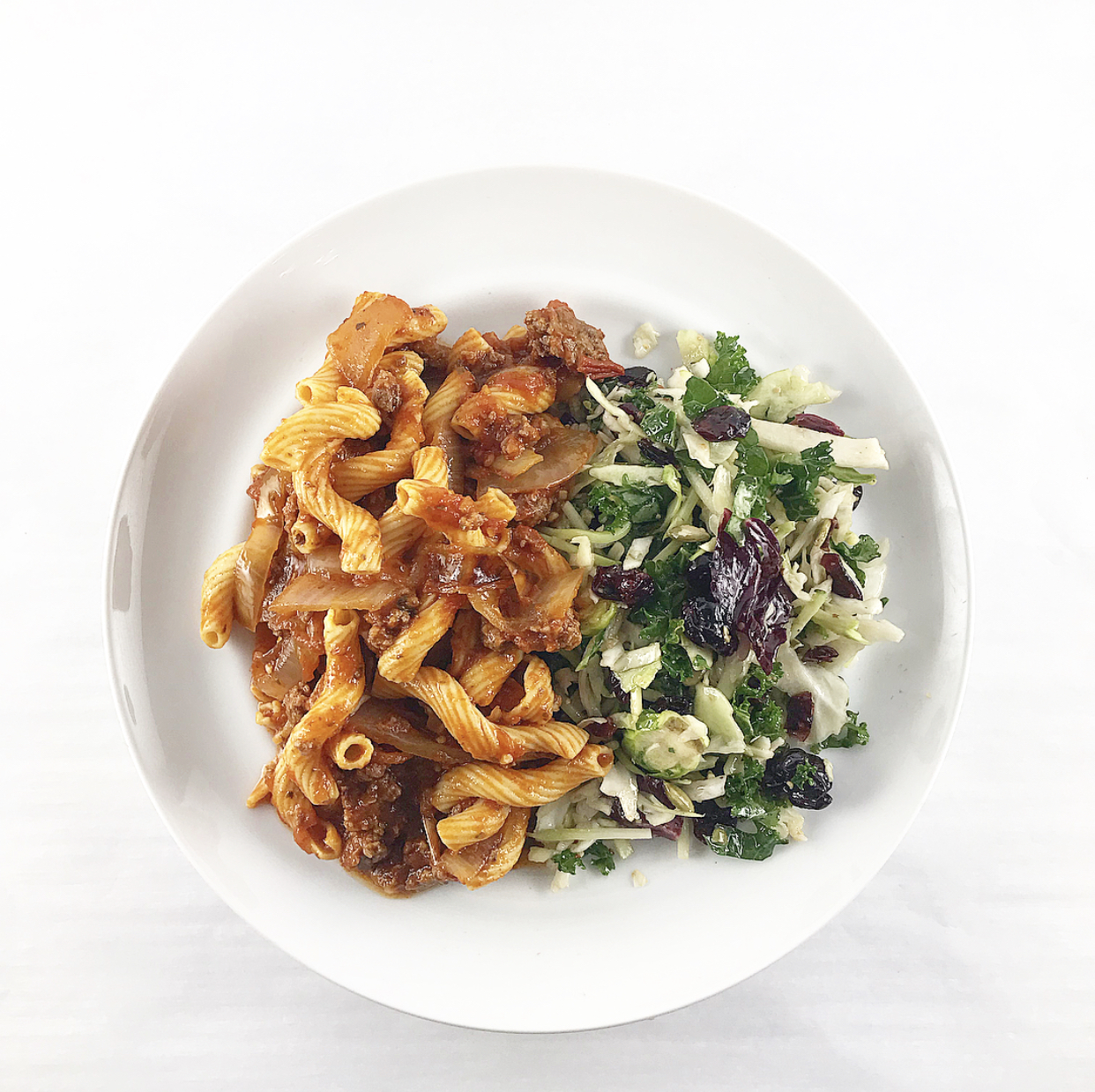
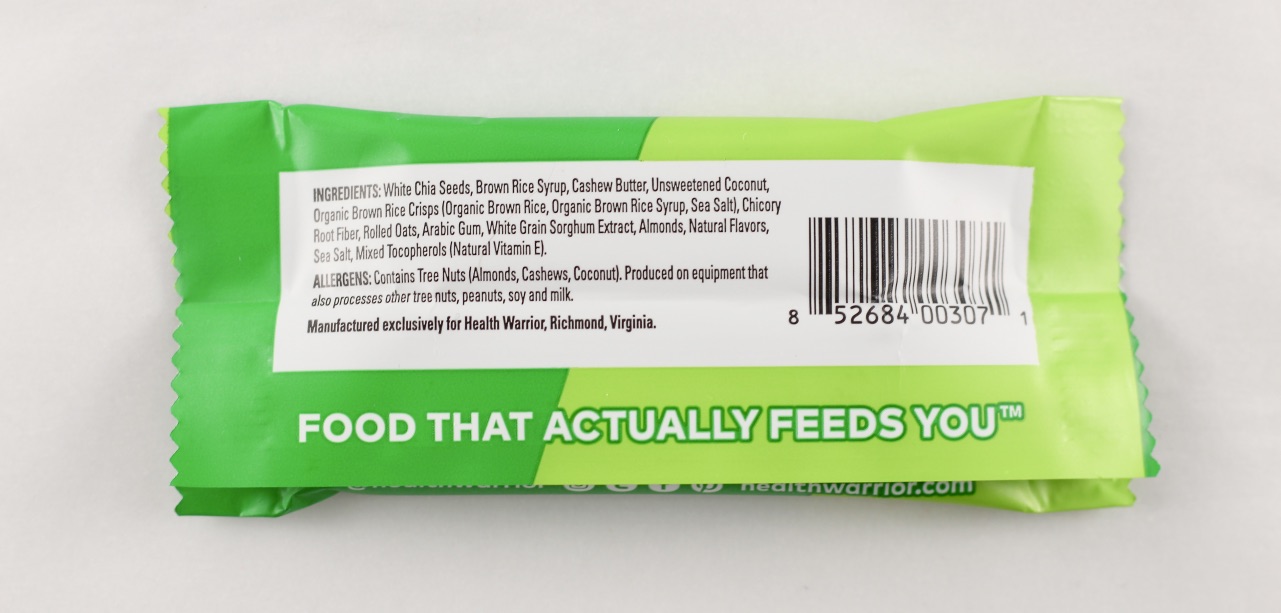
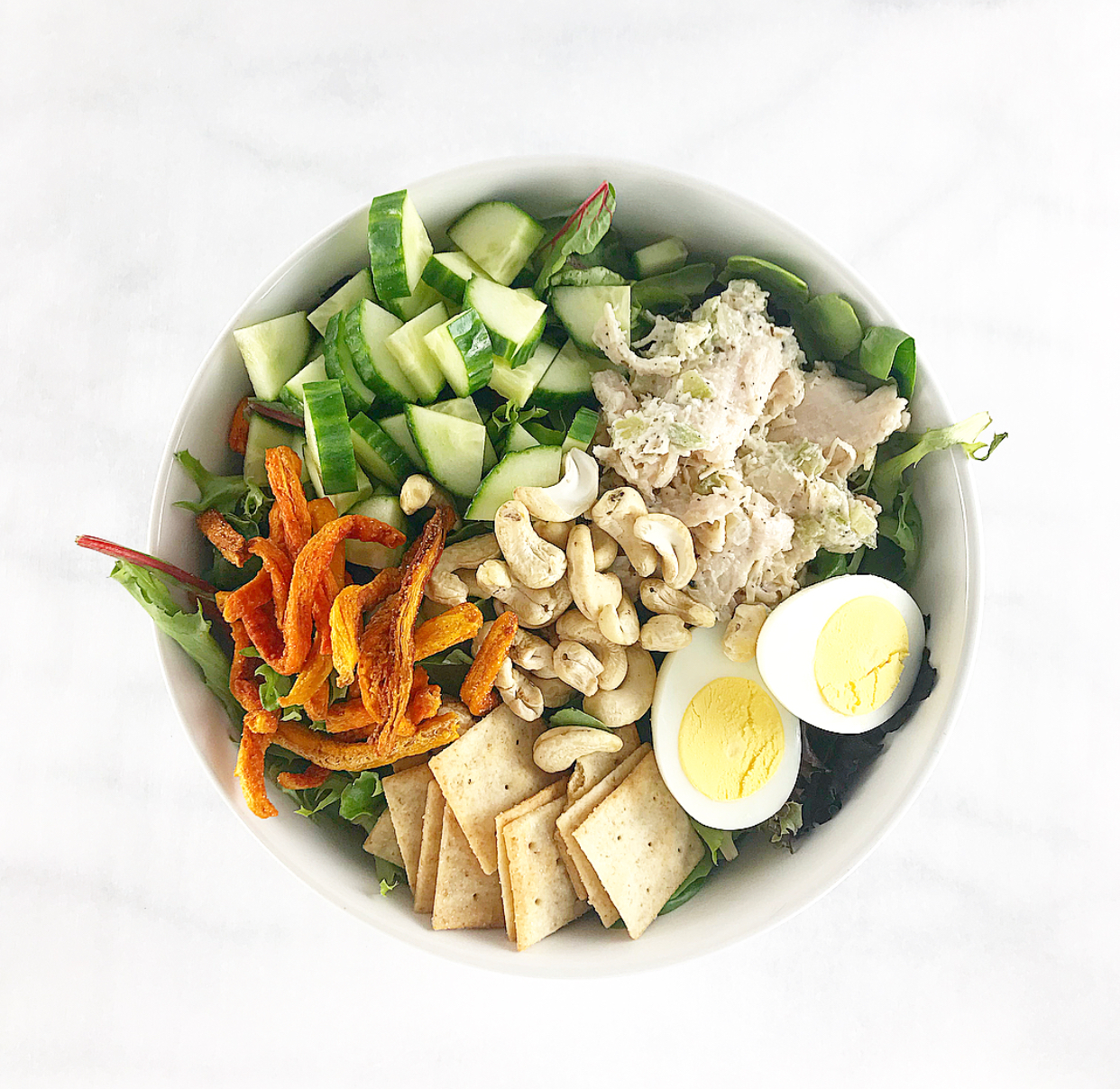
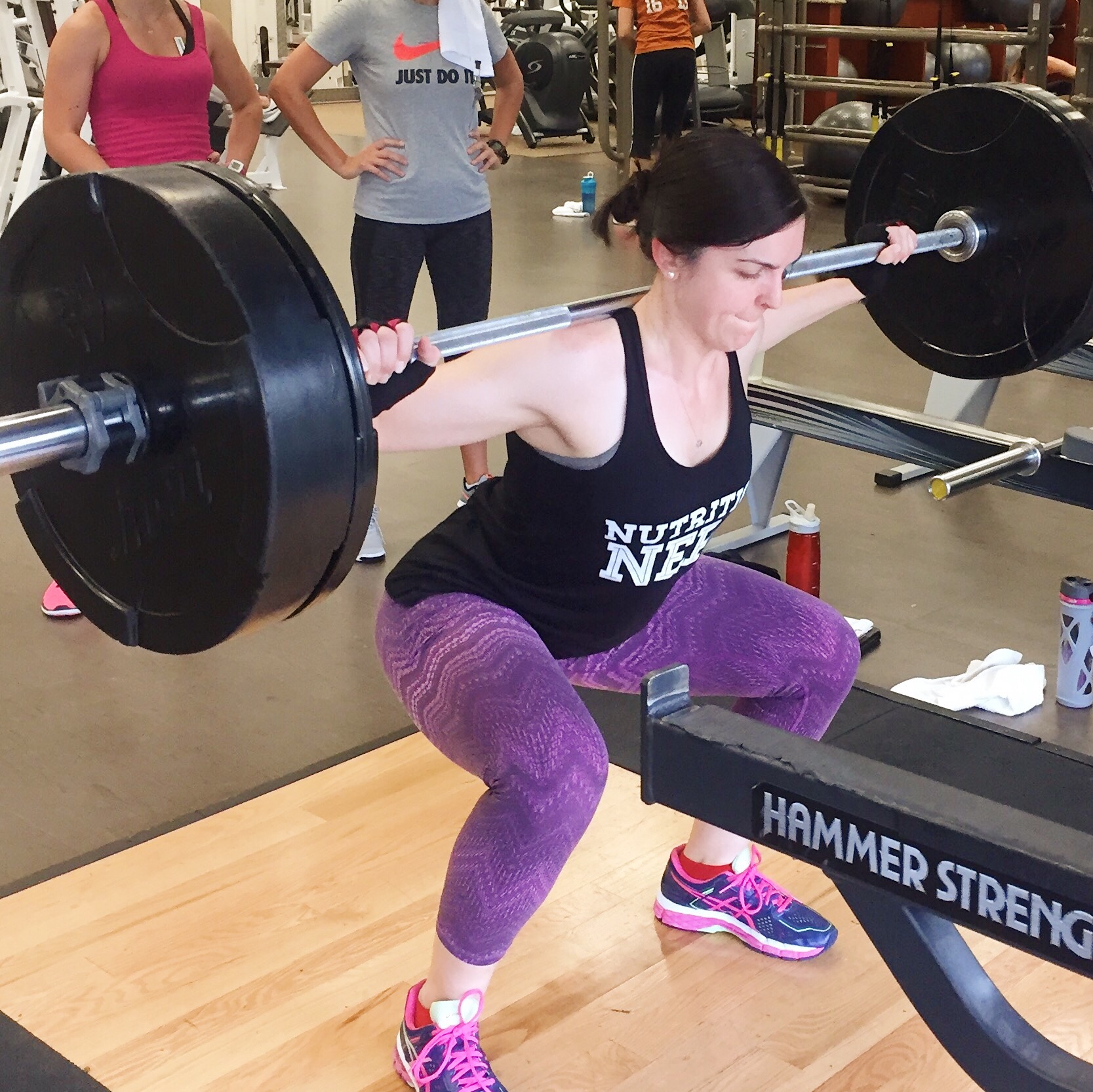
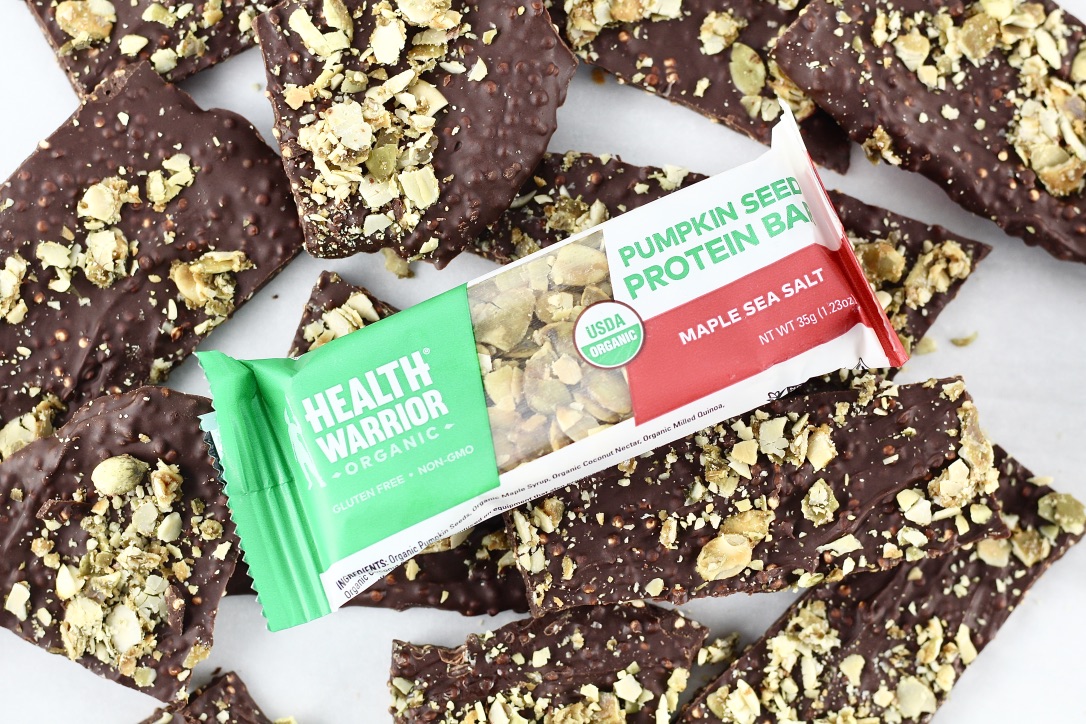
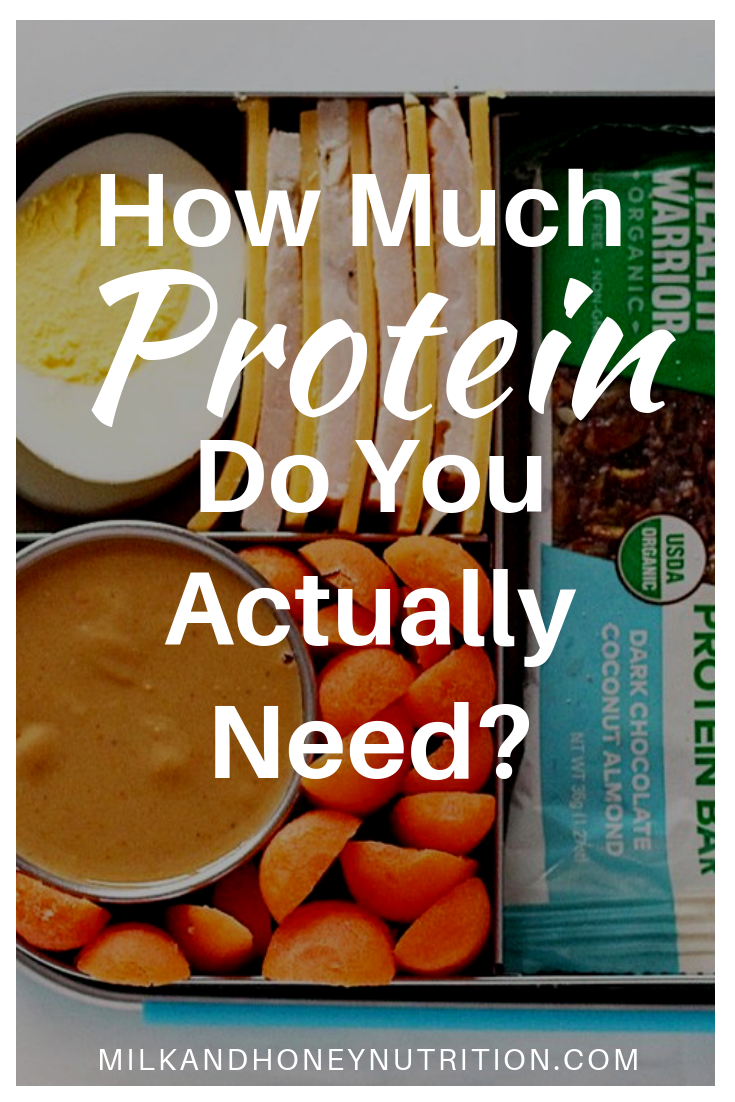


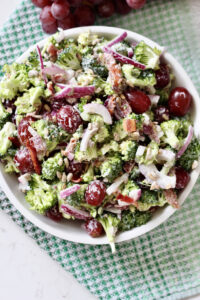

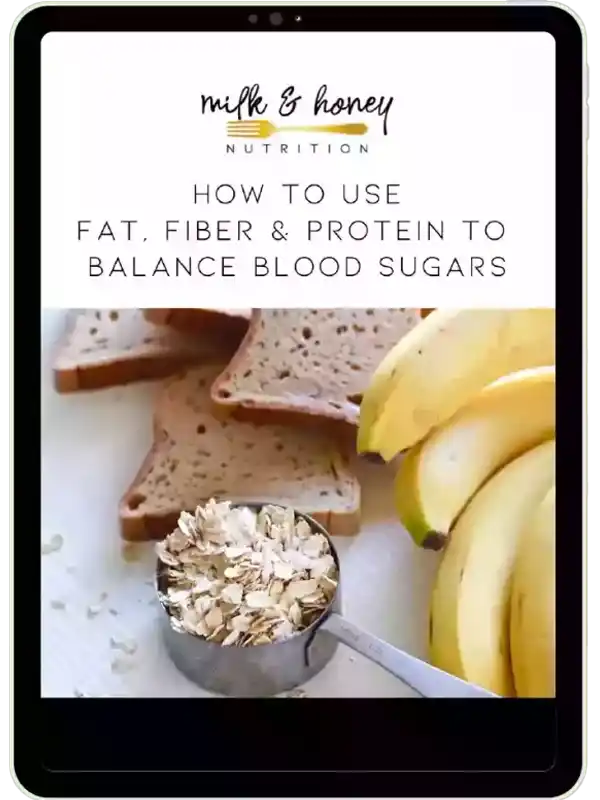
One Response
My A1C is 5.6 and I’m worried about going to pre-diabetic stage. I was bad this last year because so much happened. But I am going to do you all I need to do to try to bring it back down naturally. One of the questions is can I have dark chocolate? I’m going to try to incorporate the fats proteins and carbs together instead of separate. Any more ideas would be very much helpful I’ve been reading a lot of your material